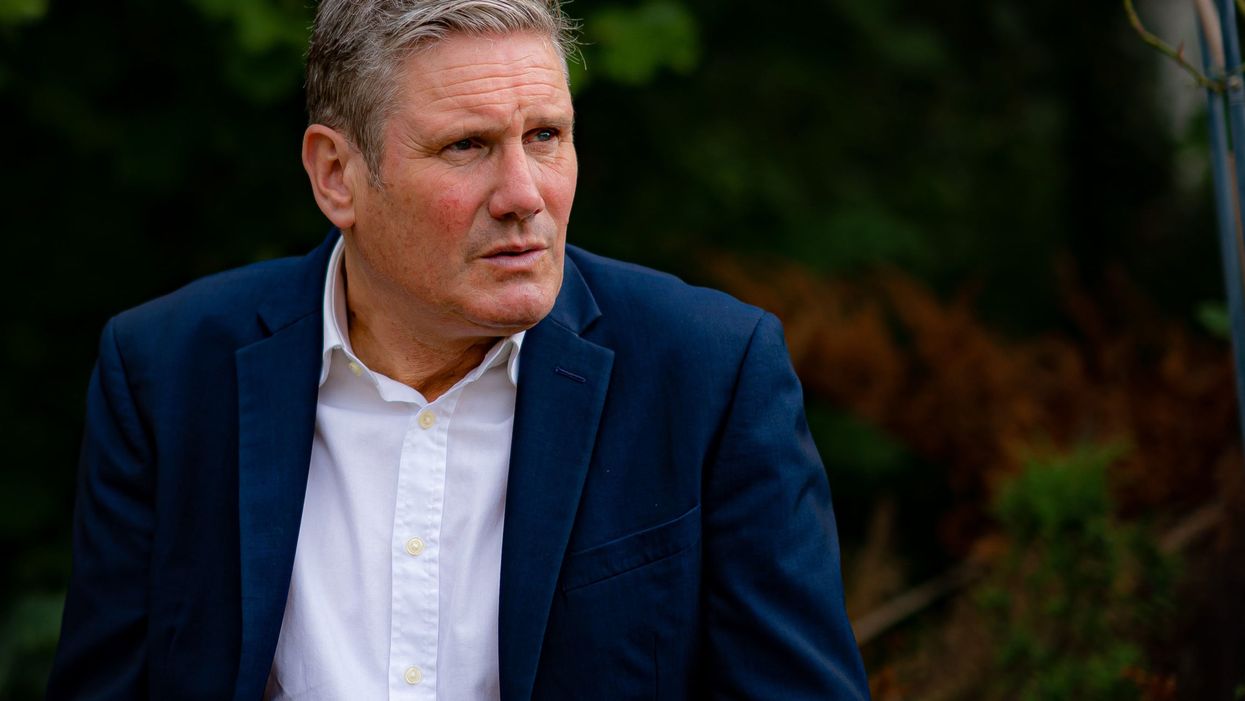Kate Plummer
Sep 23, 2021
Keir Starmer has set out his vision for the Labour Party.
After 17 months in power, the leader sat down at his desk and penned a 14,000 piece for the Fabian Society called ‘The Road Ahead ‘- and no that isn’t an X-Factor band that only made it to boot camp - laying out his post-pandemic vision for the country so it can emerge “into something better”.
In doing so the Labour leader hoped to quell concerns that he is thin on policy and ideas but he has not escaped the derision of those on social media who decided the essay was boring and too long.
But what exactly does ‘The Road Ahead’ have in store? Roadblocks? Maybe a bit of congestion on the M25? More of a marrying of the state and the private sector, actually. Here are all the key themes and messages unpacked.
The private sector and the economy

Unlike his more nationalisation friendly predecessor Corbyn, Starmer wants “a modern, efficient government [that] works in partnership with a brilliant, innovative private sector.”
Sign up to our free Indy100 weekly newsletter, ‘The Viral Democracy’
He slams the Conservative’s handling of the economy - particularly its austerity record - and argues that there is a lot of regional inequality and untapped potential in the country.
He writes: “The first task in remaking the nation will be resetting the relationship between the government and business to create an economy that works. That will require a new, commonsense, practical approach: one in which we don’t treat the economy as a battle for supremacy between the public sector and private sector, but a joint effort.
Starmer believes that business is “a force for good in society” but argues it must “play by rules” and says the Labour Party would not be blindly led by market forces.
Workers' rights

In its first 100 days of governance, the Labour Party would enact a “New Deal for Working People.” Roosevelt is that you?
Starmer says this “will provide security and opportunities for people across the country, with improved conditions, quality jobs, training and better pay. It will increase the minimum wage, ensuring proper wages that people can raise a family on. It will ensure rights for all workers from day one, such as sick pay, parental leave, and the right to flexible working, reflecting the realities of the post-Covid world.
“It would ban dubious practices such as fire and rehire and stop firms exploiting loopholes to get out of giving employment rights to their workers.
He also says he would also replace Universal Credit.
Uniting the Labour Party
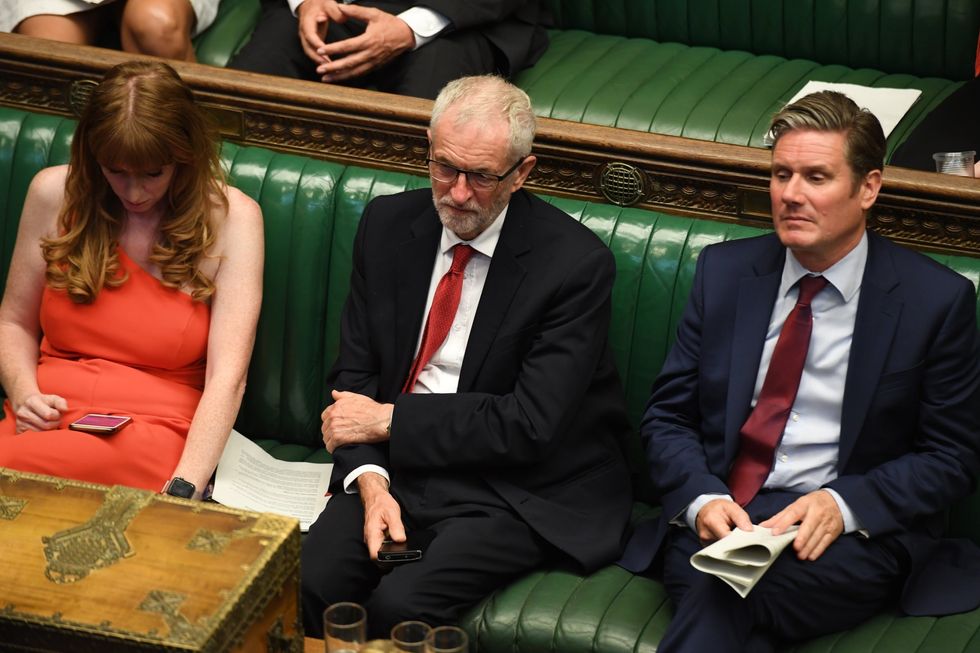
Starmer wants to stop arguing about Old and New Labour and Corbynism. He says: “In recent decades, the legacy of the 1997 Labour government has become contested to the extent that the party has at times felt like separate families living under one roof.
“This has been harmful and alienating. It has not progressed the cause of achieving a Labour government and has been damaging to our country.”
It is a shame, then, that the party are currently arguing about how to elect its leaders.
Brexit
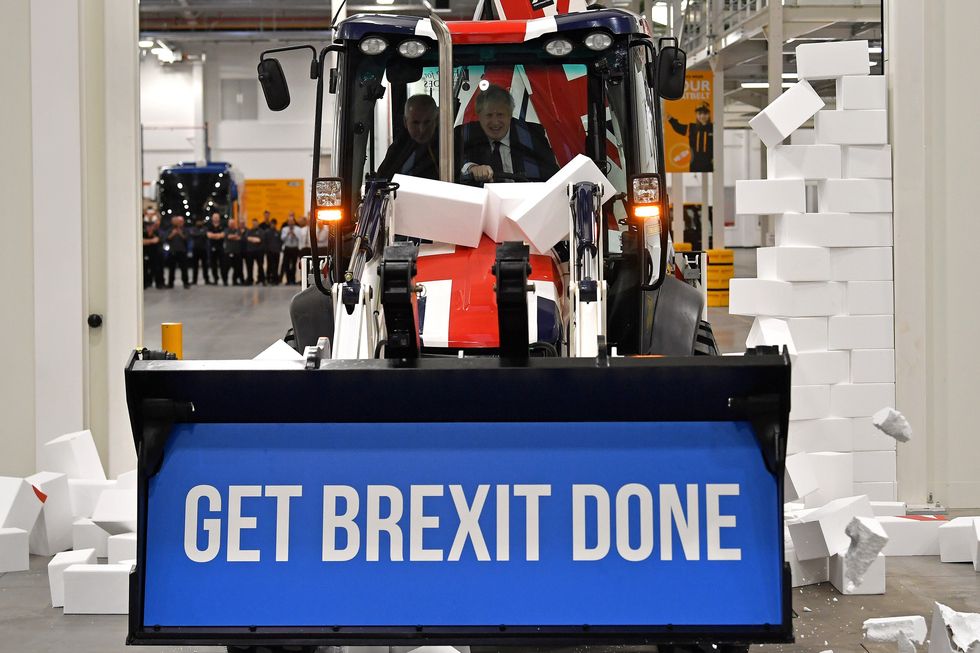
Starmer is not a fan of Brexit. He calls it “botched” and says it has damaged businesses across the country.
“The sight of empty shelves in our supermarkets should be embarrassing to ministers who failed to understand the complex supply chains and streamlined logistics that British businesses rely upon. By creating unnecessary red tape and bureaucracy, the government has cost both businesses and consumers,” he says.
Culture wars
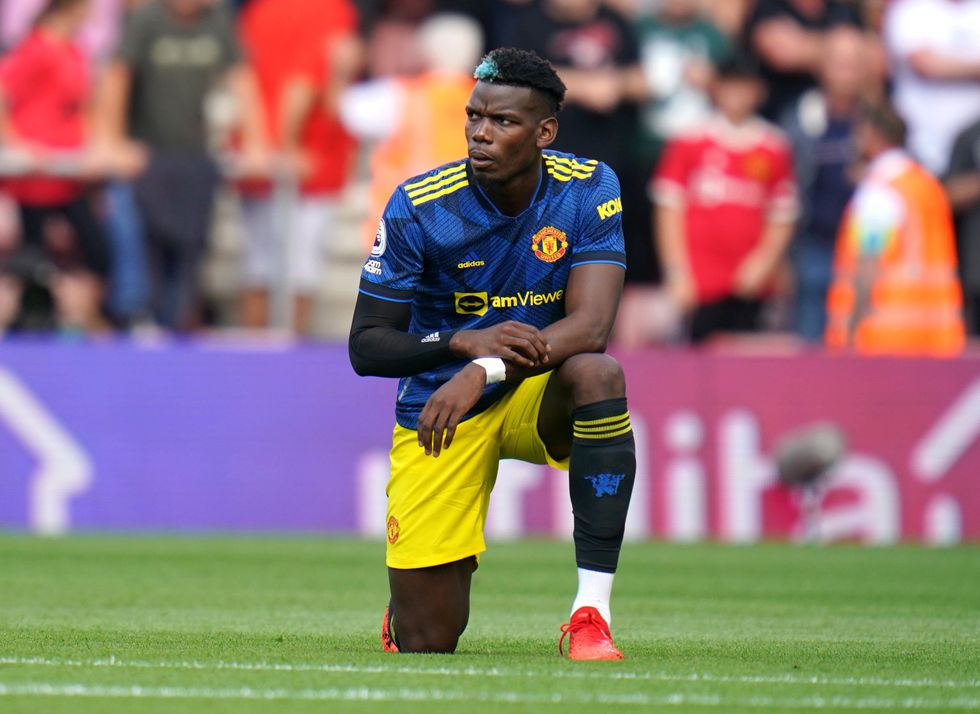
Starmer believes the Conservatives have deliberately used ‘culture wars’ to distract from thin policies and inexpertise.
He writes: “The Conservatives have tried to exploit divisions, leading to an increasingly bizarre obsession with what happens on university campuses, a crime bill that offers statues of slaves more protection than women walking down the street, and McCarthyite accusations of Marxist plots against everyone from teachers to those protesting racism.”
Coronavirus

Starmer rips into Johnson’s handling of the pandemic. He says a high death toll “was a direct result of government action and inaction.”
“[Johnson’s] lack of seriousness and grip led to a crippling inertia in the vital early weeks,” he claims.
Procurement

As he does in Parliament numerous times, Starmer criticises the government for giving contracts to Tory donors. “Why when government departments are funded by taxpayer money are we so lax about ensuring that money is spent appropriately?” he asks.
Labour would do annual reports to transparently report on the use of taxpayer money in the private sector, he says.
“The Contribution Society”

Margaret Thatcher once alleged there is no such thing as a society. Starmer would disagree as he bemoans the inability for young people to “put down roots” due to expensive rent and buy-to-let landlords.
He wants “a society based on contribution: being part of something bigger, playing your part, valuing others not just because of what they can offer you.”
“I make no apology for believing that these kinds of traditional ideas must be a crucial part of our future,” he says and believes “an effective partnership of state and private sector” is the way to achieve this.
He would also ensure power is “in your hands”, whatever that means.
Climate change
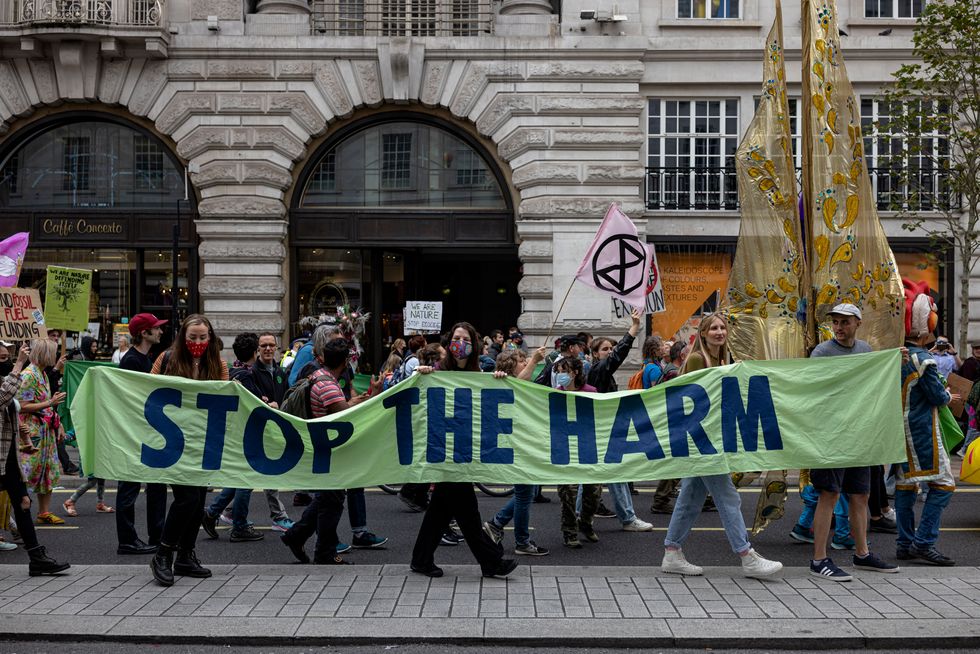
Starmer wants more action to deal with climate change and criticises the government for missing targets and not creating enough green jobs. “This government now accepts that something needs to be done but lacks the vision, the ambition and the political courage to make it happen,” he says.
“While inaction in other policy areas holds back our country, inaction on climate change will mean life or death for many people.”
The Labour Party would invest in wind turbines and clean energy, he says.
Other policies

At the end of his essay, Starmer embarks on a whistlestop tour of some of the policies he would enact with a much greater pace than the slow first 20 pages of the pamphlet. We can only assume the Road Ahead is a long slip road that eventually joins a fast motorway.
Anyway, Starmer promises “a new Race Equality Act in the UK, aimed at tackling the complex structural racism that holds back people from every community”.
He wants to drive down waiting lists in healthcare, use tech to revolutionise it and help mental health. He wants to modernise education to prepare students for a “different” world of work and ensure smaller class sizes and good access to extracurricular activities.
In terms of crime, he wants to stop street harassment and ensure there are more prosecutions for crimes.
Whether voters decide to travel down this road or continue to cruise down the Conservative’s culdesac is a matter for the next general election to decide.
Top 100
The Conversation (0)
